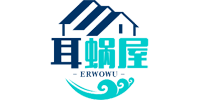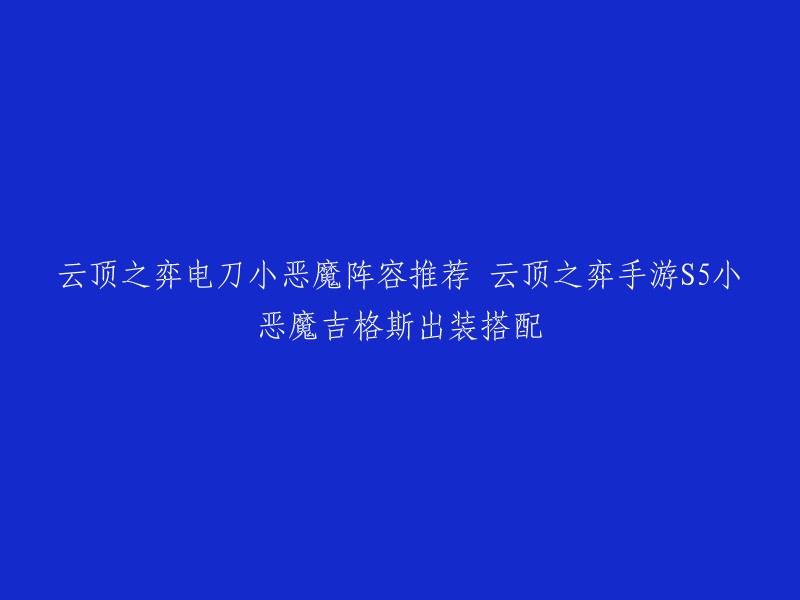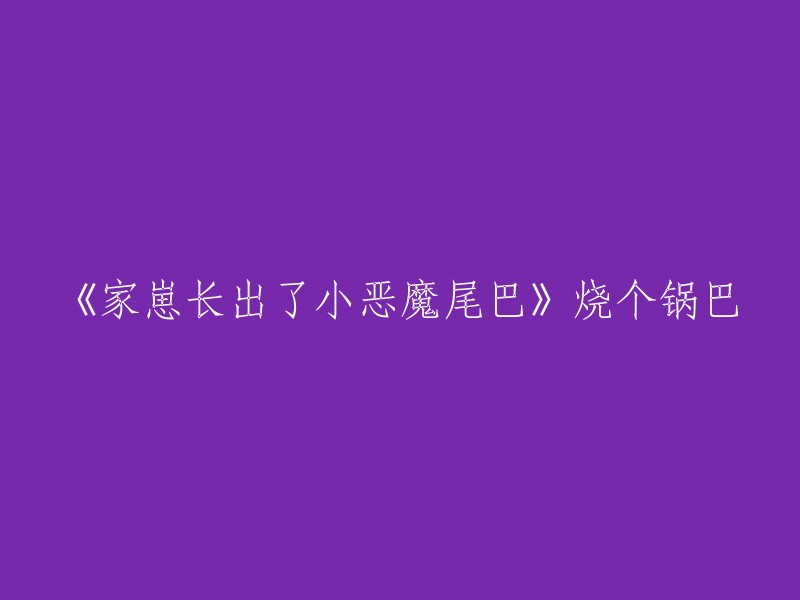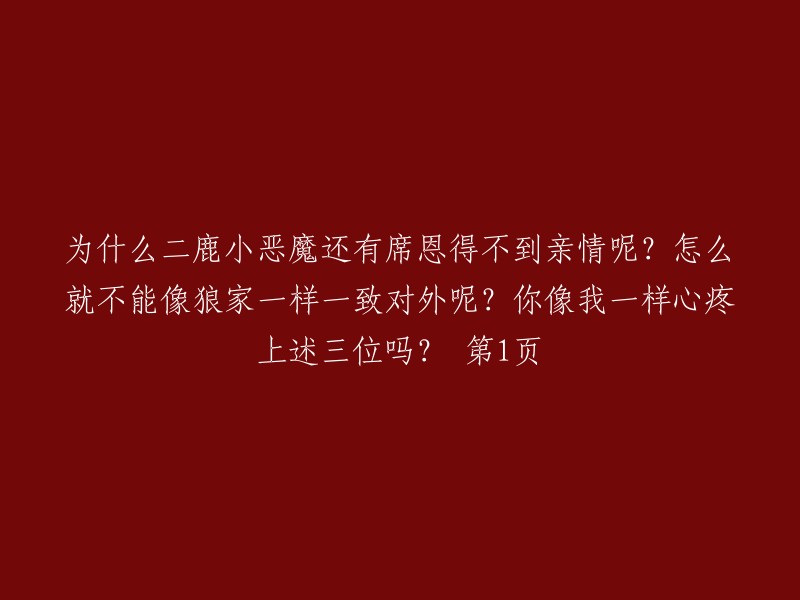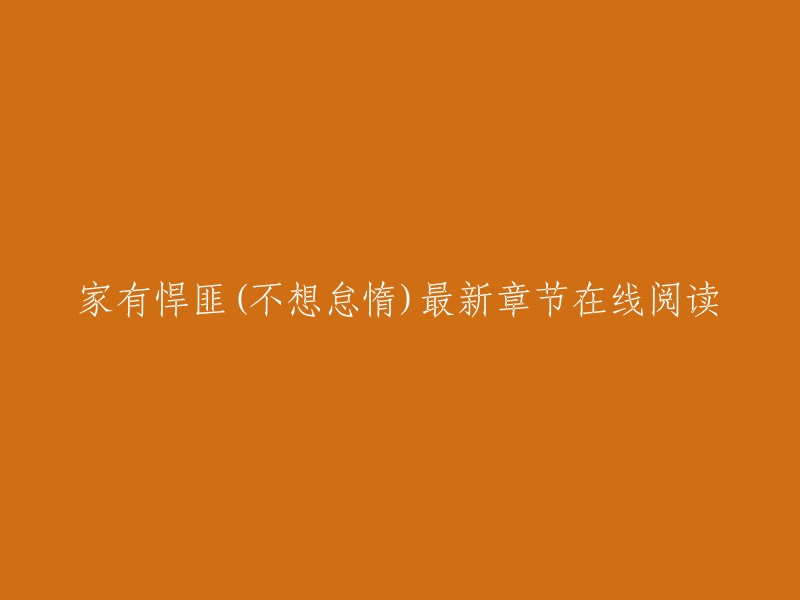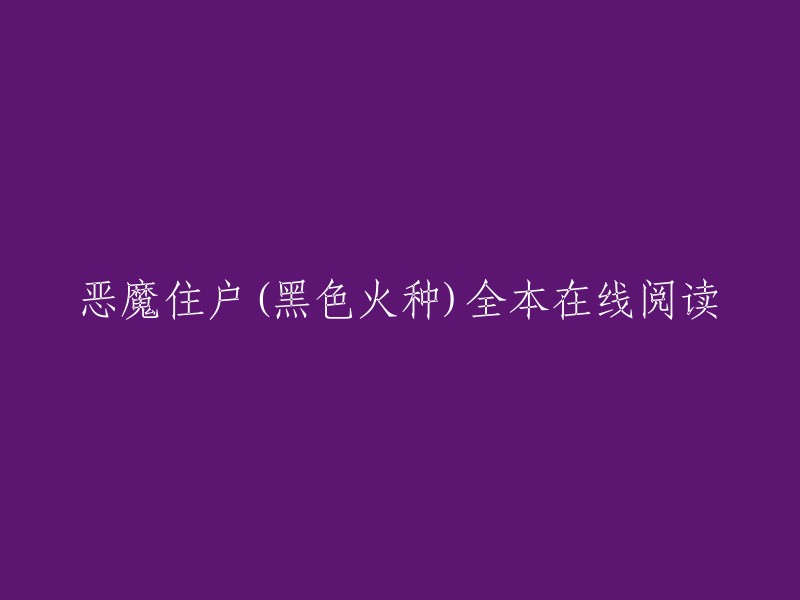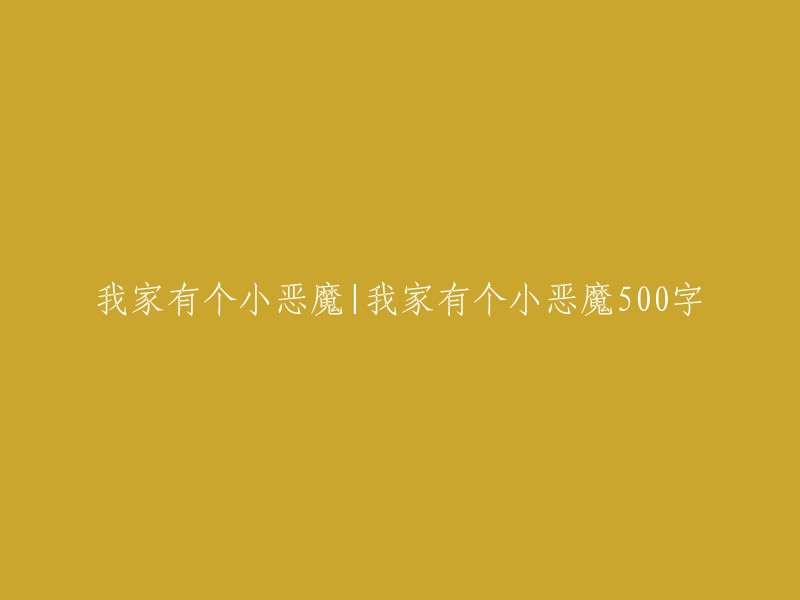以下是我重构的内容:英语阅读能力是靠大量的阅读来训练和培养的。为了帮助同学们在线学习英语,小编整理了10篇精选的在线英语阅读文章。这些文章包括《How about one year olde》和《Age and Mind》。
希望这篇文章能够带给大家帮助!
At this moment, I am not afraid of getting older. However, I fear that my mind may not match my age. Regardless of who you are, there are various characters that prompt you to act and help you learn more about life or yourself. I am aware that I am not mature enough to understand everything. My age has become a concept that is increasingly special to me and it's difficult to find the right words to express it. Next year marks the beginning of a new cycle in my life as per the Chinese zodiac calendar which is the year of the tiger. How can I create a better cycle in my life is now a new topic for discussion.
Last weekend, college classmates whom I had not seen in nearly a year got together for a reunion. It was such a pleasant gathering! Over the course of our lives, there were certain topics that kept coming up, such as studying, career, family, friends and more. There may not have been any clear answers, but time will eventually provide them as long as it is not too late.
Changes have occurred in me and those around me, not just on an individual level but also due to our environment. This process is ongoing, and I am grateful for it. I want to express my gratitude to everyone who has shown their support and given me presents. Your well wishes and generosity have made me feel happy and warm inside.
However, I do feel a sense of shame when I realize that I might have missed someone's birthday or other important events, despite their care for me. Nevertheless, I take these experiences to heart and try my best to make amends. Thank you all for your understanding.
In the past, I used to hate feeling out of control. But sometimes life happens, and it seems like everything goes according to plan. Unfortunately, there have been times when people have let me down, including two individuals who cheated me. Although "forgive" may sound ideal, forgetting is something I doubt I will ever be able to do completely. The fact that both of you had no idea how much I wanted to forgive you or how much I miss you only adds to my pain. When trust is broken, it destroys everything, including our lives. Now, I don't know whom to trust. Our time together was filled with many sweet memories, but now I must learn to let them go. I try to hide my pain and move forward. Whenever something goes wrong, I tell myself that everything will eventually be alright.
And I could handle everything, cause that was me, that was my life.
Once upon a time, there was an island where all the feelings lived: Happiness, Sadness, Knowledge, and all of the others, including Love. One day, it was announced to the feelings that the island would sink, so all constructed boats and left. Except for Love. Love was the only one who stayed, determined to hold out until the last possible moment. As the island began to sink, Love decided to ask for help.
While passing by Love in a grand boat was Richness. Love said, "Richness, can you take me with you?" Richness answered, "No, I can't. There is a lot of gold and silver in my boat. There is no place here for you." Undeterred, Love turned to Vanity who was also passing by in a beautiful vessel. "Vanity, please help me!" Love pleaded.
However, Vanity responded negatively, saying, "I can't help you, Love. You are all wet and might damage my boat." With no other options available, Love turned to Sadness for assistance. "Sadness, let me go with you," Love implored.
Unfortunately, Sadness also refused to help, explaining that she couldn't bear to see anyone she loved suffer or die. In the end, Love was forced to accept that it was up to her to face the consequences of her actions and the inevitable sinking of the island. Despite the overwhelming sadness and despair she felt, Love realized that it was through these difficult experiences that she had grown stronger and wiser. And as the island finally sank beneath the waves, Love knew that she would continue to face whatever challenges life threw her way with courage and resilience.
Love exclaimed, "Oh... Love, I am so sad that I need to be by myself!" Happiness had also passed her by, but she was too elated to even hear Love's cries for attention. Suddenly, a voice called out, "Come, Love.I will take you." It was an elder. Overwhelmed with joy, Love didn't even bother to inquire about their destination. When they arrived at the dry land, the elder left Love behind.
Realizing the depth of gratitude she owed the elder, Love turned to Knowledge, another elder, and asked, "Who helped me?"
Knowledge replied with a smile and profound wisdom, "It was Time."
Curious, Love asked, "Time? But why did Time help me?"
Knowledge answered, "Because only Time is capable of understanding the true value of Love."
In this picture, we see a conversation between two individuals discussing their daily reading habits and preferences on the internet. One individual mentions reading for three hours a day and their favorite book being Facebook. This image highlights the impact the internet has had on modern-day reading habits among citizens.
The phenomenon of people preferring to read books online rather than print copies has been attributed to several factors. Firstly, the rapid development of science and technology has made the Internet an indispensable part of our daily lives. It provides numerous benefits, including making our lives more comfortable and efficient, especially in terms of reading. Furthermore, it is an advanced way of obtaining information and a highly efficient way to search for materials.
One example of this trend is Professor Wang from Peking University, who stated that she has hardly bought any books since 2003 and has been reading online since then. "With just the click of a mouse, I can access any stories or information I need at any given time or place," she explained. This highlights why so many people now prefer the convenience of the Internet over traditional print books or other reading materials.
Reading on social networking websites can be both beneficial and detrimental, as every coin has two sides. On the one hand, these platforms provide a wealth of information that can be useful and interesting to users. On the other hand, there is also false and useless information that can be detrimental to readers. Therefore, it is important for us to read critically and carefully when browsing such sites.
As early as the 19th century, scientists such as Gilbert White and Charles Darwin observed that all species possess an innate ability to increase their numbers over time. This intrinsic capacity for population growth remains largely unchecked due to environmental and biological factors. The challenge for ecologists today is to understand these complex relationships and identify ways in which we can help maintain healthy populations while minimizing negative impacts on the environment.
One of the biggest challenges in studying population dynamics is the sheer variety of behaviors exhibited by different groups. Some populations remain relatively stable from year to year, while others experience regular cycles of abundance and scarcity. There are also those that exhibit extreme variability, with sudden outbreaks and crashes that can be closely linked to changes in weather conditions. Understanding these patterns and identifying underlying causes is crucial to developing effective strategies for managing populations and preserving biodiversity.
In an effort to bring order to the complex array of patterns present in these ecosystems, a particular school of thought has suggested dividing populations into two distinct groups. These ecologists argue that populations with relatively steady sizes have growth parameters that are dependent on population density. In other words, rates of birth, death, and migration tend to be highly influenced by the density of the population. On the other hand, populations with highly variable densities have growth parameters that are density-independent. These vital rates are subject to environmental fluctuations, which can occur independently of population density. As a result, the rates of birth, death, and migration for these populations fluctuate in ways that are entirely separate from those of more stable populations.
This dichotomy, while having its uses, can lead to problems if taken too literally.
On one hand, there are certain circumstances where it is entirely possible for a population to be driven by density-independent factors at all times. For instance, even in situations where birth, death, and migration rates fluctuate significantly from their long-term averages, if there were no density dependence effects present, the population would still be able to maintain its size without bound. This can be explained by the fact that, on average, about 99% of deaths in a population can be attributed to factors that do not vary with population density, while only 1% of deaths are due to density-dependent causes.
Even though the individual factors that contribute to this 1%, which may seem insignificant or hard to determine, can ultimately have a significant impact on the long-term average population density.
However, this is not always the case. In reality, changes in these factors can often play a crucial role in shaping the overall population density. It's essential to consider the potential implications of both density independence and density dependence when trying to understand how populations grow and evolve over time.
The question of whether people can expect a job for life has been the subject of much debate in recent times. While some argue that with the rapid pace of technological advancement, it is no longer possible to have a single career for an extended period, others maintain that it continues to be feasible. This essay aims to explore both sides of the argument by providing specific reasons for and against the notion of a job for life.
On one hand, there are those who believe that individuals must pursue several careers throughout their lives to avoid becoming obsolete due to technological advancements. In today's world, new technologies are being developed at an alarming rate, rendering certain skills and knowledge redundant over time. Therefore, to remain relevant in the workforce, individuals must be willing to adapt and acquire new skills continually. This requires them to switch from one job to another, allowing them to stay ahead of the curve and not become irrelevant in their field.
One significant advantage of having multiple careers is the diversification of one's experience and skill set. Individuals can take on different roles and responsibilities in different fields, which can help them gain a broader perspective on various aspects of life. This, in turn, can lead to increased creativity, problem-solving abilities, and adaptability, all essential qualities in today's rapidly changing work environment.
However, this frequent shifting of jobs also has its downsides. One of the primary drawbacks is the time and energy required to keep up with new technologies and learn new skills. This can be particularly challenging during recessions when competition for employment becomes intense, making it even more difficult to land a suitable job. Additionally, constantly switching jobs can make it challenging to build a long-term professional network or establish a reputation in any particular field.
On the other hand, some argue that the idea of a job for life is outdated and no longer applicable in today's fast-paced and ever-changing world. They suggest that individuals should instead focus on developing a wide range of transferable skills that will enable them to transition smoothly between jobs or industries. This approach would allow individuals to capitalize on their strengths and interests while remaining adaptable and open to new opportunities.
Despite these arguments, it seems that the ideal balance lies somewhere in between. While it is essential to have a diverse set of skills and experiences, it is equally crucial to develop a deep understanding and specialization in one area. This way, individuals can leverage their expertise and build a solid reputation that will serve them well throughout their careers. Ultimately, the key to achieving success in today's rapidly evolving job market is to embrace change, stay adaptable, and never stop learning.
In the business world, there is a contrasting trend when it comes to career development. While some individuals prefer to remain in the same job for the same company, others opt for constant career changes. Those who choose to stick with one employer and job risk losing their accumulated rights, especially during economic downturns or when joining a new company where the policy of "last in, first out" may be in effect. This is because promotions today are more often than not tied to career moves between different companies.
The decision to stay with one job and company or to seek out new opportunities depends on individual circumstances, preferences, and goals. For those who value stability and security, sticking with the same job and company can be seen as a wise choice. They are able to build relationships with colleagues and managers over time and establish a proven track record of performance. Additionally, they may be able to negotiate better benefits packages and receive greater financial rewards for their contributions to the company.
On the other hand, those who are motivated by personal growth and professional development may find that constant transitions offer them more opportunities to learn new skills, take on challenging roles, and explore different industries. By constantly moving between jobs, they can increase their chances of being recognized for their talents and achieving higher salaries and positions. Moreover, they may find that each new employer provides them with unique experiences and insights that help them to grow as professionals.
In conclusion, whether to stay in the same job for the same company or to seek out new opportunities is a personal choice that depends on an individual's needs, preferences, and aspirations. It is important to weigh the potential risks and benefits of each path carefully before making a decision that will impact one's career trajectory.
Over the years, I never thought of my father as being very emotional, and he never was, at least not in front of me. Even though he was 68 years old and only five-foot-nine while I was six feet and 260 pounds, he seemed huge to me. I always saw him as that staunch disciplinarian who rarely cracked a smile. My father never told me he loved me when I was a child, and I never held it against him. I think all I really wanted was for my dad to be proud of me. In my youth, Mom always showered me with "I love you's" every day, so I really never thought about not hearing it from my dad. I guess deep down I knew that he loved me; he just never said it. Come to think of it, I don't think I ever told him that I loved him either. I never really thought about it much until I faced the reality of death.
On November 9th, 1990, I received the news that my National Guard unit was being activated for Operation Desert Shield. This meant that we would be convoying to Fort Ben Harrison, Indiana, and then directly to Saudi Arabia. Although I had been in the Guard for 10 years and knew that it was what we trained for, I never imagined that we would be called upon to serve in a war. When I told my father about this, I could sense that he was uneasy about me going. We never discussed it further, and eight days later, I found myself leaving for deployment. The next few months were a blur of training exercises and anticipation, as we prepared ourselves for the challenges that lay ahead. Despite the excitement and adrenaline rush that came with being part of an armed operation, there was also a sense of uncertainty and fear that hung over us all. As we embarked on our journey to Saudi Arabia, I couldn't help but wonder if I would ever see home again. But I knew that I had a duty and a responsibility to fulfill, and that I would do everything in my power to protect my fellow citizens and our country.
have several close relatives who served in the military during wartime. My father and uncle fought in World War II, while two brothers and a sister of mine joined the army in Vietnam. Despite feeling uneasy about leaving my family behind to serve in a war zone, I knew it was my duty as a citizen. I prayed that this would make my father proud of me.
My father is actively involved with the Veterans of Foreign Wars organization, and he has long been an advocate for a strong military. Unfortunately, I wasn't eligible to join the organization myself because I hadn't fought in a war zone—a fact that always made me feel like I didn't measure up to my father's expectations. But now, here I was: his youngest son, being sent off to a distant land over 9,000 miles away to fight a war in a country we had barely heard of before.
On November 17, 1990, our military convoy of vehicles rolled out of rural Greenville, Michigan. As we approached the edge of town, I looked out the window of my truck and saw my wife, Kim, my children, Mom and Dad waving and crying. However, my father seemed almost motionless, like a stone statue. In that moment, he appeared incredibly old. The reason for his behavior was unknown to me.
During that Thanksgiving holiday, I had been away from home for an extended period. As expected, there was always a large crowd at our family dinner table. My two sisters, their husbands, and their children were present along with my wife and our family. Unfortunately, I missed this special occasion due to my deployment. It deeply troubled me not being able to celebrate with them.
A few days after Thanksgiving, I managed to call my wife. During our conversation, she shared something that had a profound impact on me. It changed the way I viewed my father's actions that day.
My wife knew how my father's emotions were, and I could hear her voice quaver as she spoke to me. She told me that my father recited his usual Thanksgiving prayer. However, this time he added one last sentence. As his voice started to crack and a tear ran down his cheek, he said, "Dear Lord, please watch over and guide my son, Rick, with your hand in his time of need as he serves his country, and bring him home to us safely." At that moment, he burst into tears. I had never seen my father cry before, and upon hearing this, I couldn't help but start crying too. My wife asked me what was wrong, and after regaining my composure, I replied, "I guess my father truly loves me."
Harvard University, the oldest institution of higher learning in the United States, is currently engaged in a serious debate about what a university should be and whether it is measuring up. This paradoxical situation highlights an important issue that American society must confront: how to reconcile tradition with progress. On the one hand, Harvard is a beacon of academic excellence and a symbol of American ingenuity and innovation. On the other hand, its outdated attitudes and practices may be hindering its ability to adapt to changing societal needs and values.
As we grapple with these complex questions about the future of higher education, it is clear that we must embrace both tradition and progress in our approach. This requires a willingness to listen to different perspectives and ideas, as well as a commitment to continuous improvement and innovation. By doing so, we can ensure that universities like Harvard continue to play a vital role in shaping the future of America and the world.
The Roman Catholic Church, along with other ancient institutions, is currently grappling with whether its traditional beliefs about faculty, authority, admissions, and course of study are still relevant in the face of the challenges of the 1990s. This debate is taking place primarily among the private members of the faculty at Harvard University, who are meeting in their large, wooden buildings located around the campus's Yard.
One question that is being raised is whether or not Harvard, or any other university, should serve as an intellectual haven, shielding students from the political and social upheavals of their time. Alternatively, some argue that universities like Harvard should be used as a laboratory for experimenting with these political and social changes; even serving as a catalyst for their occurrence.
This internal discussion reflects a broader societal debate surrounding the role of universities in modern society. While some maintain that universities should remain bastions of learning and scholarship, others believe that they have a responsibility to engage with the issues that affect their communities and the world at large.
Ultimately, this debate will likely continue for some time, as educators and administrators grapple with how best to balance the need for academic rigor and intellectual exploration with the realities of an ever-changing world. The questions that are being raised by these discussions are both complex and important, and will no doubt play a significant role in shaping the future of higher education.
Several years ago, Waiter Lippmann, a distinguished Harvard graduate, defined the issue at hand. According to him, if universities are to fulfill their purpose, they must remain independent and disinterested. Universities are places where people can seek unbiased judgment free from partisanship and special interests. However, once universities fall under political control or private interests, or when they become involved in politics, their value as independent and unbiased sources of judgement is diminished.
This statement highlights the importance of an independent university system. A university's role should be to educate and provide impartial knowledge, not to be influenced by external factors such as political or financial gain. In recent news, Citizens Financial Group (Providence, RI), which was considered a "Top 25" bank insurance operation last year, has decided to sell three of its insurance agencies. This move may indicate a shift in the company's priorities and could potentially compromise the university's independence.
As universities continue to evolve and change, it is crucial that they maintain their integrity and independence. They serve as institutions of higher learning that provide essential knowledge and guidance to future generations. Therefore, any actions that may compromise their status as independent and impartial sources of knowledge must be carefully considered. Only by preserving this vital aspect of education can we ensure that universities continue to play their critical role in society.
Citizens, an insurance company with assets of $155 billion, made it clear in a statement yesterday (March 1) that they have no plans to continue operating in the full-line insurance brokerage business. The announcement comes after they sold three insurance agencies to Hub International Ltd., a Chicago based insurance brokerage.
The insurance agencies sold by Citizens are Citizens Clair Insurance Group (Norristown, PA); Brewer & Lord (Norwell, MA); and Feitelberg Insurance (Fall River, MA). Collectively, these insurance agencies have 19 offices located in Pennsylvania, Massachusetts, and Rhode Island. In terms of revenue, the three insurance agencies had combined revenues of approximately $45 million last year.
The purchase price for the insurance agencies was $80 million (inclusive of tangible net worth), payable in cash on closing. Additionally, there is a earn-out component based on future performance. It's important to note that the insurance agencies will continue to operate independently within the Hub International system.
The two companies presented the transaction as a "strategic alliance" rather than an outright sale, emphasizing the joint marketing efforts that would result in more insurance products and services being made available to Citizen's retail and commercial customers. Despite this, Citizens Bank will continue to refer clients with insurance needs to the brokerages, presumably because ownership of them has shifted from Citizens to Hub.
Citizens Financial Group, Inc announced today that it has entered into a strategic alliance with Hub International, Ltd., to serve as the insurance broker for its insurance brokerage business. The company believes that this new partnership will help them achieve their goals of revenue growth and profitability while also providing customers with better access to insurance products.
According to Robert M. Mahoney, vice chairman of Citizens Financial Group, "We see a new opportunity to serve our customers by partnering with Hub International as our insurance broker of choice. Our strategic alliance with Hub International will expand our product offerings, locations and expertise, enhancing our competitive position in the marketplace. We will be able to offer insurance products to corporate customers throughout our 13-state footprint, not just to customers in three local markets."
Citizens Financial Group is confident that this alliance will help them stay ahead of the competition and continue to provide their customers with the best possible service. With Hub International as their insurance broker of choice, they are well positioned to meet the needs of both individual and corporate customers in all 50 states.
Citizens Financial, a subsidiary of The Royal Bank of Scotland Group, acquired The Feitelberg Company in 2003. As one of the largest insurance agencies in southeastern New England, it combined with Citizens' annual premium income of $325 million to become the operating bank that is now known as one of the largest bank/insurance brokerage operations in the United States. Citizens Clair and Brewer & Lord were also acquired earlier, as part of larger bank acquisitions.
In 2005, Citizens was ranked by deposits as the eighth-largest commercial banking company in the United States and it was recognized as a "Top 25" institution in Who's Who in Bank Insurance (2005 Edition).
The earn-out payments associated with the transaction are projected to reach a total of $3 million. This amount will be paid out over a period of three years, with the option to receive payment in either cash or a mix of cash and Hub common shares. Martin P. Hughes, President and CEO of HUB Corporation, has stated his expectation that the total consideration for this transaction will fall within HUB's target multiple of 5-7 times EBITDA (earnings before interest, taxes, depreciation, and amortization). The anticipated closing date of these acquisitions is set for April 2006, subject to the fulfillment of regulatory and other customary conditions.
want to assure you that I have not sought this employment in any way. I have made every effort to avoid it, not only because I don't want to leave you and the family, but also because I am aware that it would be an overwhelming trust for me to carry out. If I were to stay with you for one month instead of spending years abroad, I would experience true happiness. But as fate has led me to this service, I hope that whatever purpose my undertaking is meant to serve is good...
这是一封由George Washington写给他的妻子的信,内容是关于他即将开始的战争和他对妻子的关心。他在信中表示,他将信任命运,相信自己会安全地回到妻子身边。他还提到,他不会因为战争而感到痛苦或危险,而是因为他知道他的妻子会感到孤独和不安而感到难过。最后,他请求妻子保持坚强并尽可能愉快地度过这段时间。
